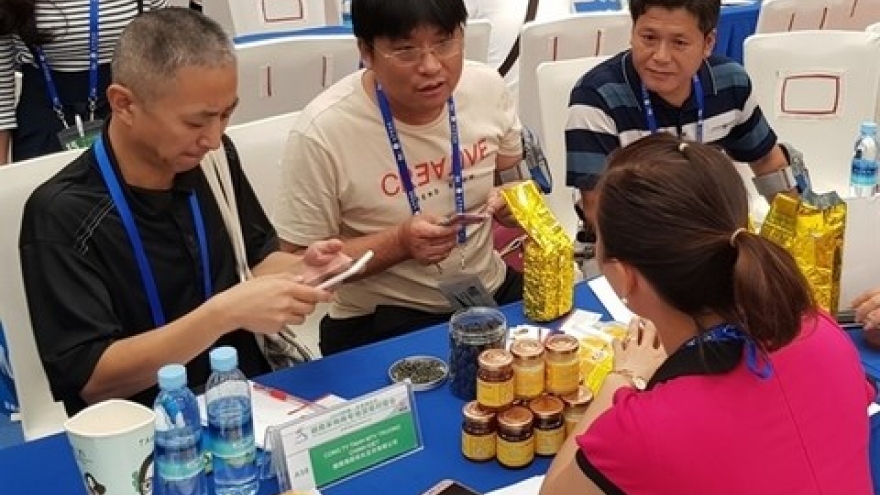Vietnam to export rare earth minerals, faces competition with China
According to experts on geology and minerals, Vietnam's rare earth reserves are large, but have not been exploited effectively or exported.
 |
The largest is in Bac Nam Xe in Lai Chau province. There are also some mineral sand spots in coastal provinces from Quang Ninh to Vung Tau.
The total rare earth reserves in the globe are estimated at 99 million tons, of which 27 million tons, or 30.6 percent of the world, are in China; 13 million tons, or 14.7 percent in the US; 5.2 million tons in Australia; and 1.1 million tons in India.
Vietnam is believed to have 11 millions tons, ranking third in the world in terms of rare earth potential.
China now makes up 95 percent of total rare earth exploitation output of 120,000 tons in the world according to a report released in 2015. Rare earth is an important element in making electronics, phones and weapons.
According to Nguyen Xuan Khien, former director of the Institute of Geosciences and Minerals, China is a power player in rare earth with extremely large reserves. As such, rare earth has been an important card Chinese use when negotiating with import countries, including the US and Japan.
Some years ago, China once threatened to stop exporting rare earth to Japan. At that time, some Japanese scientists came to Vietnam to explore and assess rare earth mines. However, not much information about the exploration has been released.
Now as the US-China trade war continues and China has threatened to limit rare earth exports in warnings over trade war, Vietnam has emerged as an alternative supply source.
Khien said Vietnam has large reserves and can export this kind of mineral. However, to date, the mines have not been put into effective industrial exploitation.
To export rare earth, the minerals inside rare earth ore have to be enriched to meet the standards for export. The export will also depend on clients’ requirements. The requirements on rare earth to make electronics or to be used in different industries are different.
As for the exploitation capability of Vietnamese enterprises, Khien affirmed that they are capable of exploiting and exporting products that meet requirements. However, it will still be necessary to assess the demand and find solutions to prevent the impact on the environment and resolve labor protection problems.
When exploiting minerals, enterprises, both Vietnamese and foreign, have to submit reports on possible environmental impacts to MONRE. Vietnamese enterprises are capable of exploiting rare earth, and do not have to depend on foreign firms.


